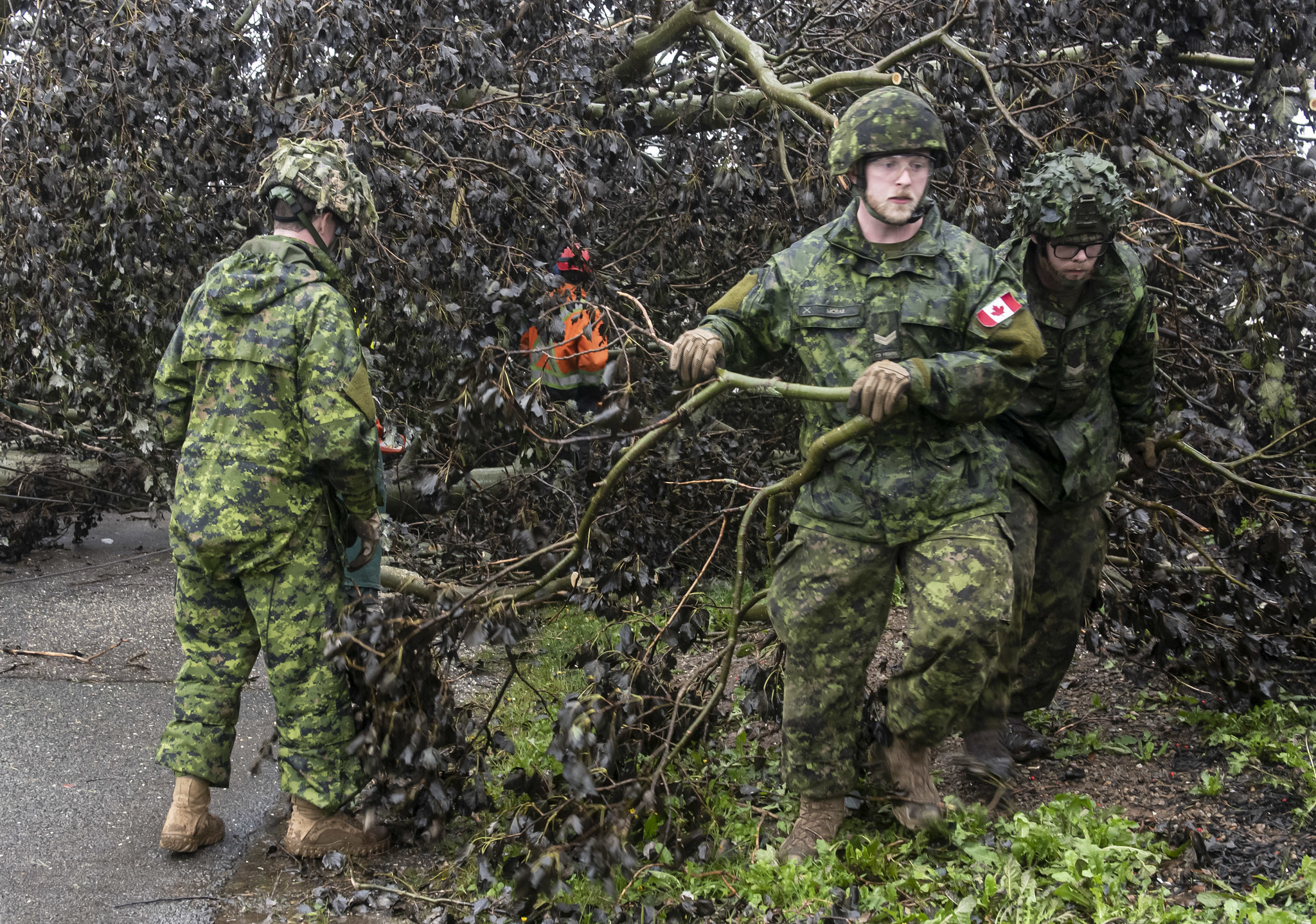Wildfires Prompt Response: Canada is grappling with an unprecedented surge in wildfires, prompting the deployment of the Canadian Armed Forces to assist overwhelmed local resources. The severity of the situation, as reported by Hindustan Times Videos, Watch News Videos Online, Local 10 News (WPLG), and CBC News, underscores the extensive damage and the urgent need for a coordinated response to protect communities and critical infrastructure. Millions of hectares have already been consumed by the flames, stretching government capabilities to their limits and necessitating military intervention in affected provinces.
Table of Contents
Military Deployment Amidst Wildfires
The deployment of the Canadian Armed Forces is focused on providing crucial support to provinces struggling to contain the raging wildfires. According to CBC News, troops are being dispatched to eastern provinces, including Newfoundland, Manitoba, and Saskatchewan, where the fires are most severe. Their involvement encompasses a range of essential tasks designed to alleviate the burden on primary firefighters and local emergency services.
Specific Tasks Undertaken by the Troops
The Canadian Armed Forces are engaged in various labor-intensive activities that are critical to managing the wildfire crisis. Hindustan Times Videos reports that these tasks include firefighting support, managing evacuations, and performing essential duties such as clearing debris and digging firebreaks. By undertaking these responsibilities, the troops enable specialized firefighters to concentrate on the most dangerous and demanding aspects of combating the blazes directly. This division of labor is vital for maximizing the effectiveness of the overall firefighting effort.
Evacuations and Community Support
One of the primary roles of the deployed troops is to assist in the safe and orderly evacuation of residents from areas threatened by the wildfires. Watch News Videos Online highlights the importance of this support, noting that thousands of individuals have been displaced by the fires. The troops are involved in coordinating evacuation efforts, providing transportation assistance, and ensuring that evacuees have access to essential resources such as shelter, food, and medical care. Their presence provides reassurance and stability during a highly stressful and uncertain time for affected communities.
Environmental and Health Impacts
The widespread wildfires are not only causing immediate devastation but also have significant environmental and health consequences that extend far beyond the affected areas. Local 10 News (WPLG) reports that the fires have resulted in substantial smoke and particulate pollution, leading to a decline in air quality across Canadian provinces. This pollution is also drifting into US border states, raising concerns about potential health impacts on communities in both countries.
Air Quality Degradation
The smoke generated by the wildfires contains harmful particulate matter that can pose serious health risks, particularly for individuals with respiratory conditions such as asthma and chronic obstructive pulmonary disease (COPD). Exposure to this pollution can trigger a range of symptoms, including coughing, wheezing, shortness of breath, and chest pain. The elderly, children, and pregnant women are especially vulnerable to the adverse effects of poor air quality. Public health officials are urging residents in affected areas to take precautions such as staying indoors, using air purifiers, and wearing masks when outdoors.
Long-Term Environmental Consequences
In addition to the immediate health impacts, the wildfires are also expected to have long-term environmental consequences. The destruction of forests and vegetation can lead to soil erosion, water contamination, and habitat loss for wildlife. The release of large quantities of carbon dioxide into the atmosphere contributes to climate change, exacerbating the risk of future wildfires. Reforestation efforts and sustainable land management practices will be crucial for mitigating these long-term environmental effects. The scale of the devastation necessitates comprehensive strategies to address both the immediate crisis and the long-term ecological recovery.
Strained Resources and Government Response
The severity of the wildfire season has placed immense strain on government resources at both the provincial and federal levels. The deployment of the Canadian Armed Forces is a clear indication of the challenges faced by local authorities in containing the blazes and managing the associated emergencies. The need for military assistance underscores the importance of coordinated efforts and resource sharing to effectively address the crisis. Continued monitoring and adaptive strategies are essential for navigating this evolving situation.
Coordination and Future Preparedness
The current wildfire crisis highlights the need for improved coordination and preparedness at all levels of government. Investing in advanced firefighting equipment, training additional firefighters, and implementing proactive forest management strategies can help to reduce the risk of future wildfires and minimize their impact. Strengthening collaboration between federal, provincial, and local agencies is also essential for ensuring a timely and effective response to emergencies. By learning from the current experience and implementing necessary improvements, Canada can better protect its communities and natural resources from the threat of wildfires in the years to come. The situation demands a comprehensive and forward-looking approach to disaster management.
In conclusion, the deployment of Canadian troops to combat the raging wildfires underscores the severity of the crisis and the strain on local resources. The immediate priorities are to protect lives and property, manage evacuations, and support firefighting efforts. Simultaneously, addressing the long-term environmental and health consequences of the fires requires comprehensive strategies and sustained investment. Improved coordination, enhanced preparedness, and proactive forest management are essential for mitigating the risk of future wildfires and ensuring the resilience of communities and ecosystems across Canada.

